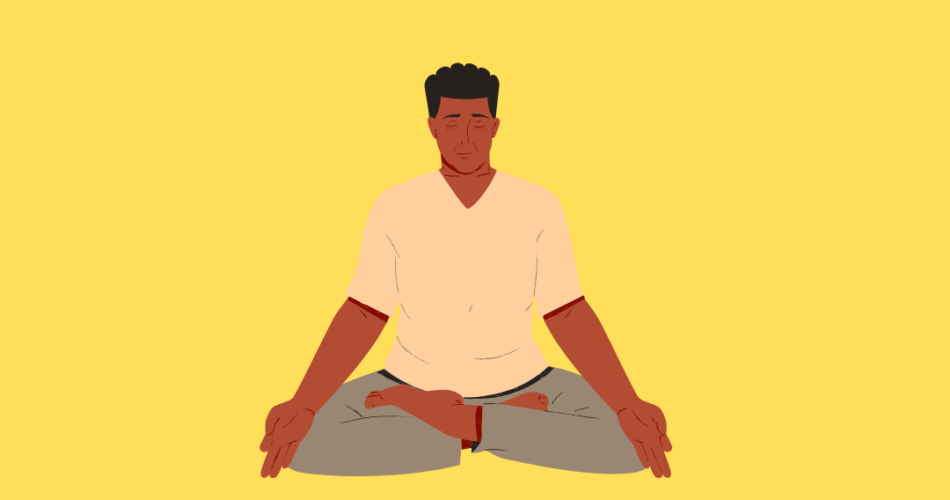In today’s dynamic world, many of us believe that doing more means achieving more. The information age pushes us towards multivariate life be it personal or professional. In reality, the art of doing nothing remains truly powerful tool in increasing productivity and overall quality of life. Mindfulness, a practice of being fully present in the moment, helps us slow down and improve focus, creativity, and efficiency in our daily tasks.
What is Mindfulness?
Mindfulness is simple as paying attention to the present moment without judgment and worrying about anything. It’s about being aware of what is happening around you, how you feel, and accepting things as they are. This way you allow the mind to rest and refresh, which ultimately results into developing crucial capacities as better decision-making and problem-solving and more.
Why Doing Nothing is Important?
The idea of doing nothing might sound strange or boring, but our brain needs breaks to perform at its best. Constantly working without taking time off leads to burnout, stress, and decreased productivity, feeling more anxious. By simply taking breaks and doing nothing, you allow your mind to recharge, making you more efficient when you return to your tasks.
How Mindfulness Boosts Productivity?
- Improves Focus: When you’re mindful, you concentrate on one thing at a time. This helps reducing distractions and makes you more efficient.
- Reduces Stress: Taking a mindful break lowers stress levels, keeping you calm and improving your ability to handle difficult situations.
- Boosts Creativity: Mindful moments clear mental clutter, allowing fresh ideas to flow more easily.
- Enhances Decision-Making: With a clear and composed mind, you tend to make better decisions faster, without being overwhelmed by too many thoughts.
How to Practice Mindfulness?
Here are some simple ways to practice mindfulness and experience its benefits in your work and life:
- Mindful Breathing: Take a few minutes each day to focus on your breath. Breathe in slowly, hold for a moment, and then breathe out. This practice brings calm and helps you reset.
- Take Short Breaks: Step away from your desk, stretch, or go for a short walk. Avoid checking your phone during this time (Bull’s eye).
- Be Present in Daily Tasks: Whether you’re eating, working, or talking with someone, be fully engaged in the moment. Avoid multitasking.
The Benefits/Magic of Doing Nothing
Doing nothing doesn’t mean wasting time. It’s about creating space for your mind to relax, allowing it to recharge and perform better. Here’s how it helps:
- Better Mental Health: Taking mindful breaks reduces anxiety and improves overall mood.
- Increased Energy: When your mind gets a rest, your body follows, helping you feel refreshed and ready to work.
- Improved Work-Life Balance: Practicing mindfulness makes it easier to enjoy life outside of work, contributing to better overall satisfaction.
Mindfulness and Long-Term Productivity
Mindfulness is a long-term strategy for better productivity. By regularly practicing it, you build resilience to stress, improve your concentration, and maintain high levels of energy. Over time, these small moments of “doing nothing” compound into greater quality of life and success.
All in all,
The art of doing nothing, through mindfulness, is a powerful way to transform your productivity. It helps reduce stress, improve focus, and make better decisions. So, the next time you feel overwhelmed or stuck, pause and allow yourself a moment of mindfulness. You’ll come back stronger, more creative, and ready to tackle whatever comes your way.
